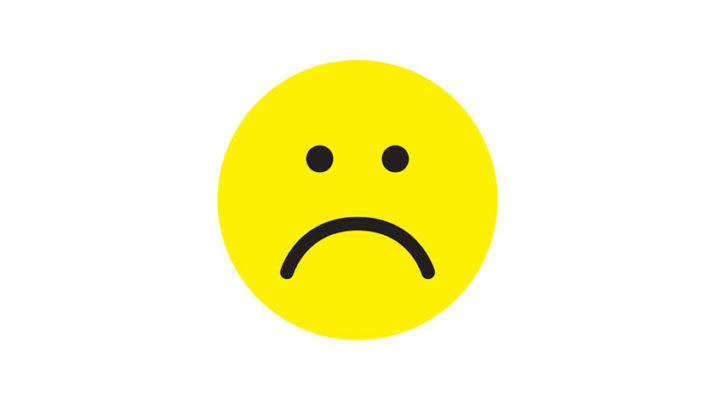After weeks of build-up, it’s easy to feel let down
By Deborah Jeanne Sergeant
After the busy holiday season, do you feel a little blue? A tad bummed? It’s a common phenomenon.
“There’s a natural process that involves grief and loss when some special time in our lives ends,” said Douglas Guiffrida, Ph.D. “It’s natural and healthy to feel grief when we say goodbye from loved ones — or move back from planning special things to our normal lives that seem boring or less connected to others.”
Guiffrida is a professor and director of the counseling program at and of the advanced certificate program in mind-body healing and wellness at the University of Rochester.
He encourages those encountering the post-holiday blues to “spend a few moments to feel the pain and loss of the special event that ended. Or that it didn’t live up to what you expected. It all requires grieving.”
He added that self-care includes “allowing space for our emotional wellbeing.”
Autumn Gallegos Greenwich, Ph.D. and licensed clinical psychologist and associate professor of psychiatry at URMC, views the post-holiday part of winter as a time to listen to the “what the blues are telling us” such as how much we enjoy connecting with others.
“Mindset is so important,” she said. “There’s so much going on during the holiday season. There’s lots of sensory input. During January through March, it’s quiet. Silence is really scary. People try to avoid it. In our silence, we can really ‘hear’ ourselves and ask what we need. What do I need to let go of? What am I thankful for? What am I celebrating? We can connect to who we really are.”
She also sees the post-holiday period as a time to “be cozy, drink warm drinks and have more warm foods” as in traditional Scandinavian culture.
“You spend time with other people having a hot drink. It gets to be its own season,” she said. “There’s also an idea of there’s no bad weather, but just the wrong clothes.”
Planning other things to look forward to can also help build happy anticipation. Perhaps it’s a time to see movies you’ve always wanted, start a new book series, engage in a new hobby or meet up with friends regularly. It’s also helpful to eat a healthful diet, get plenty of rest and exercise.
Of course, lasting “blues” may indicate a more serious mental health issue such as depression.
Paul Schwartzman licensed mental health counselor in private practice at Fairport Counseling Services, said that the main differences between depression and the blues is typically longevity and consistency.
“Was there a history of being depressed before the holiday for some time?” he said. “If this is something that came along acutely after a major event, it’s not unusual. It’s typical for a big event like a wedding. The majority of people, it doesn’t last more than a week or two. If it persists more than two weeks and becomes disruptive to their quality of life; that may be depression.”
People may experience profound sadness, withdrawal, isolation, changes of eating habits and sleep, loss of joy in things previously enjoyed, loss of interest in things previously enjoyed and possibly suicide ideation. Schwartzman said that people with depression typically present with several of those symptoms for more than two weeks.
Talking about these symptoms with a primary care provider or mental health professional can help. Anyone having thoughts of self-harm or harming others should call 911, 988 or seek emergency room care.

